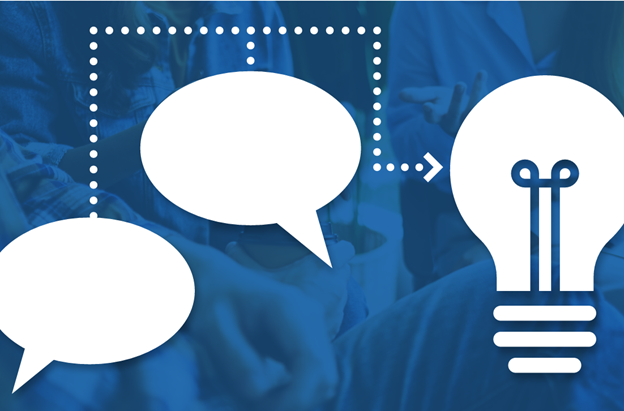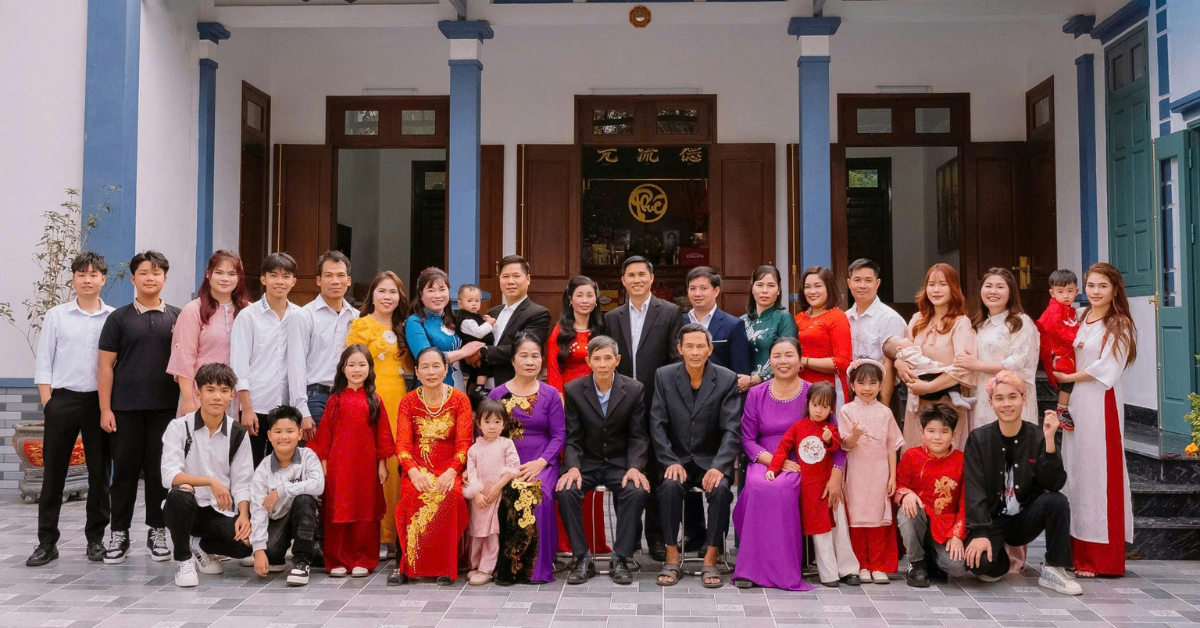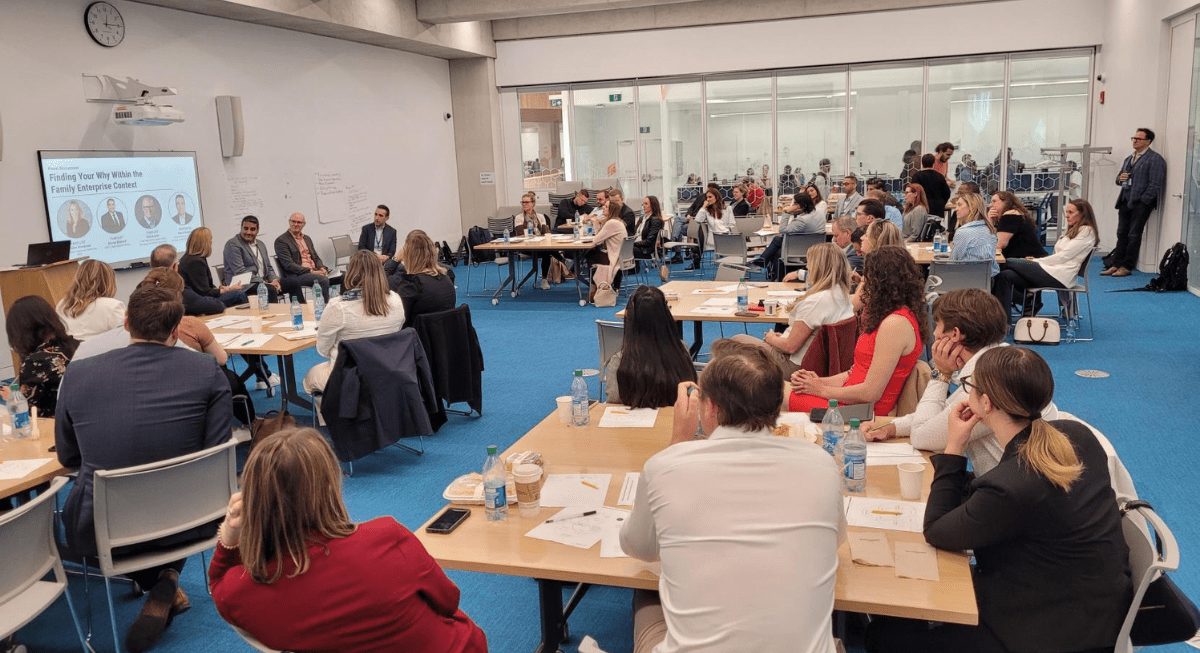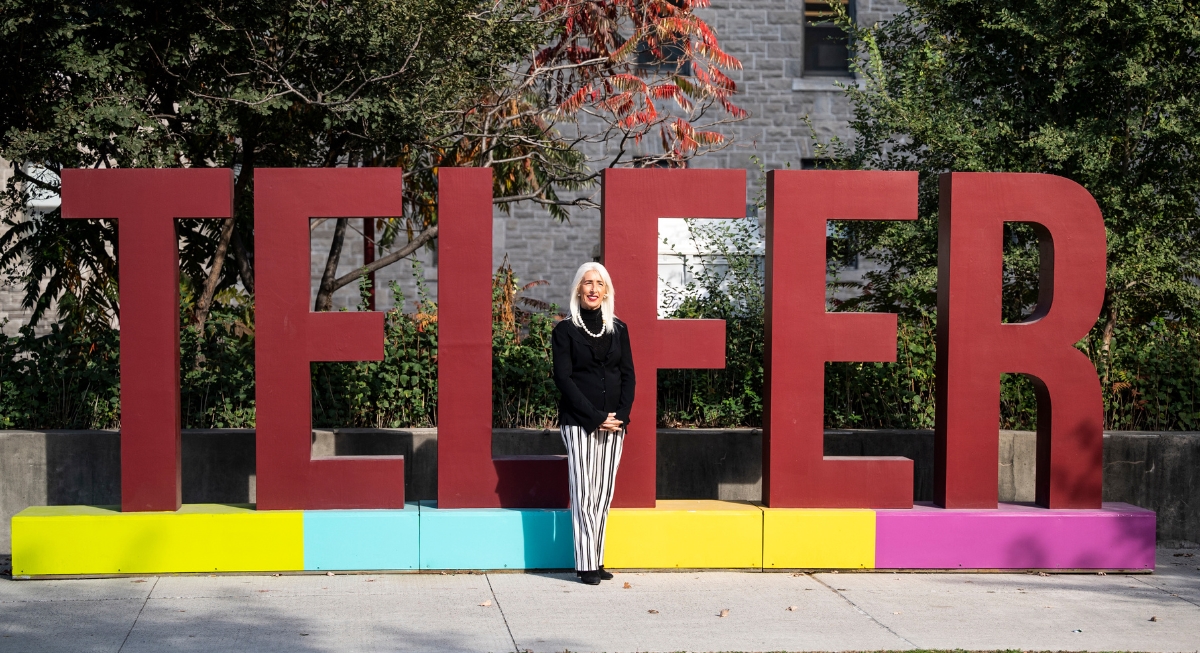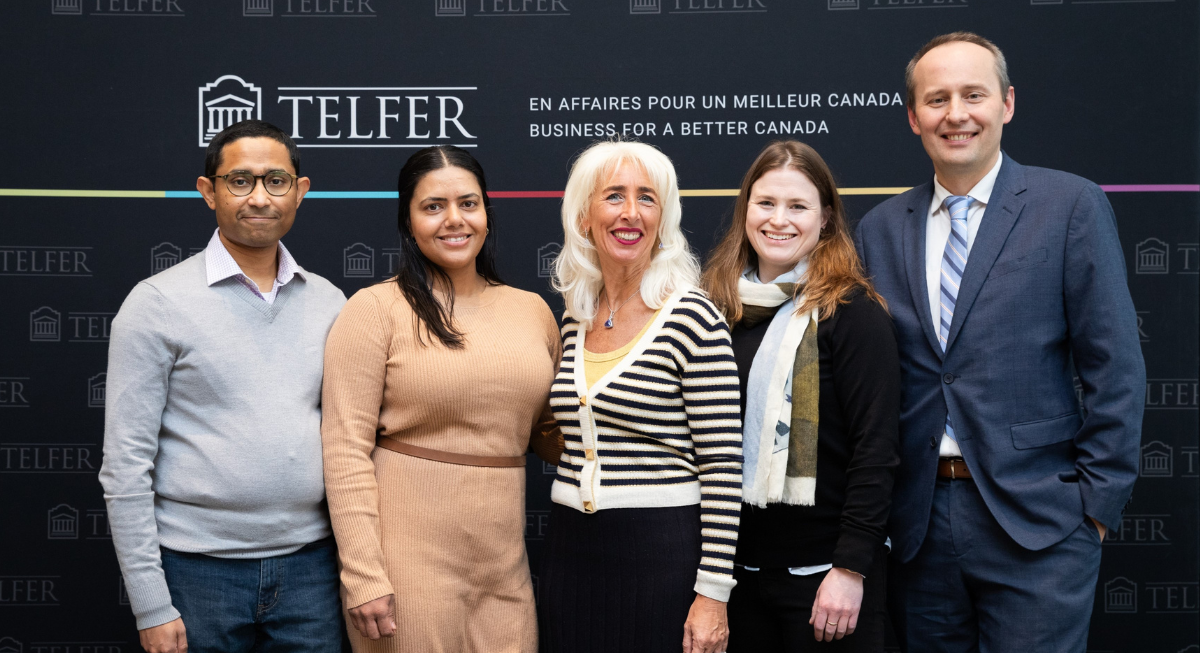A new report from the Family Enterprise Foundation (FEF), a strategic partner of Telfer’s Family Enterprise Legacy Institute (FELI), presents an updated perspective on family purpose, communication, and learning: “Alchemy and the Family Enterprise”.
According to the FEF’s Family Learning Discovery assessment tool, identifying and clearly communicating the family purpose within a family enterprise supports a successful transition between generations. The “Alchemy and the Family Enterprise” report provides fresh insights and tips for business families to enable them to thrive over the long term.
Finding Purpose

Succession is a main concern for many business-owning families. Establishing a family purpose can help ensure a smooth transition.
The Family Enterprise Foundation defines family purpose as “A broad sense of what the family hopes to accomplish with its business; how the family sees its enterprise contributing in a productive way to the larger world.” A strong, clear purpose that is successfully conveyed is key to the longevity of a family enterprise.
Governance structures such as family meetings, advisory boards, or shareholder agreements were found to provide a useful context to discuss, formulate and refine family purpose. 43% of respondents believed that family purpose was successfully conveyed, resulting in the family members thinking that the family purpose would benefit them.
Tips for successfully transmitting family purpose across generations include:
Weave the purpose into family stories that can be shared and remembered across generations;
Schedule intentional conversations where attendees can both listen and speak;
Create family learning opportunities where family purpose can be defined and shared;
Implement good governance processes that contribute to building family unity; and
Hold family meetings often to tackle family-related issues.
Peter Jaskiewicz, Academic Director at FELI and a contributor to the report, echoes the findings about the importance of purpose, but adds that it is not always easy to achieve: “Most families will say their family enterprise has purpose, but when you speak to each member individually, you often hear a different story – they speak of goals, motives, family characteristics – but there is rarely a central, aligned purpose.”
To achieve this, Jaskiewicz sees establishing shared values as the first step towards finding purpose. “Where I’d like families to start is with discussing underlying values first, because their shared values are a foundation. Only when you have shared values can you find a shared purpose,” he shares.
Conquering Communications
Once a family enterprise has clearly defined its purpose, it is imperative that this information be communicated clearly and discussed regularly.
As the saying goes, communication is a two-way street; good communication involves both speaking and listening. More specifically, empathetic listening was found to be an essential skill to build collaboration, prevent conflict, and resolve disputes.

To help resolve disputes in a healthy way, the FEF report recommends understanding individual personalities and conflict styles, working to normalize conflict, and focusing on family members’ need to be heard and seen.
Respondents to the Family Learning Discovery assessment tool rated their family’s listening skills from average to good, with very few (less than a third) having a positive impression of their respective family’s communication skills. This indicates there is room for improvement, which could be achieved by focusing on soft skills and developing related key performance indicators (KPIs).
Once a family enterprise has clearly defined its purpose, it is imperative that this information be communicated clearly and discussed regularly.
As the saying goes, communication is a two-way street; good communication involves both speaking and listening. More specifically, empathetic listening was found to be an essential skill to build collaboration, prevent conflict, and resolve disputes.
To help resolve disputes in a healthy way, the FEF report recommends understanding individual personalities and conflict styles, working to normalize conflict, and focusing on family members’ need to be heard and seen.
Respondents to the Family Learning Discovery assessment tool rated their family’s listening skills from average to good, with very few (less than a third) having a positive impression of their respective family’s communication skills. This indicates there is room for improvement, which could be achieved by focusing on soft skills and developing related key performance indicators (KPIs).
Leveraging Learning
The report also spotlights the value of family learning, noting that being well-informed and sharing best practices help family enterprises manage the transition process much more effectively.
Additionally, having a Family Learning Champion (FLC) increases the likeliness of the family participating in educational events and business learning programs. An FLC’s role is to build the family’s learning strategy in support of the family purpose and business goals. This type of strategy can lead to a stronger alignment within families as well as a greater sense of support for each family member.
The authors of the report recommend the following for families to learn together:

If your family is just starting their learning journey, keep the learning activities small and fun.
“Entrepreneurship without education is just a hobby;” Learning should not be limited to business and financial acumen.
Learning as a family helps to solidify family purpose and family values.
Through its commitment to empower and support the next generation of enterprising families, FELI at Telfer is working to help families learn, listen, and communicate better. “At FELI, we want to help families become learning families. Learning families have shared values, purpose, and they listen and communicate well,” says Jaskiewicz. “Without these things, the highest potentials will never be realized because members are going into different directions and do not work as a coherent team. We see family as a force for good in communities, the country and society at large. We are here to support family enterprises, teach families better processes, and help channel energy to move everyone forward together.”
To learn more about how FELI is passing on knowledge through training and education, leading cutting-edge research, sharing best practices, and creating a safe space by listening and building trust, visit the FELI website.
